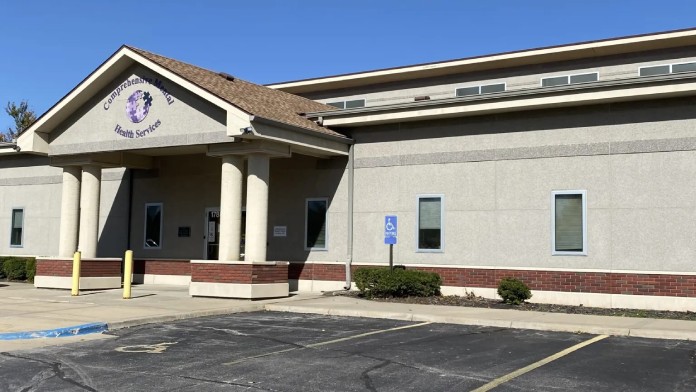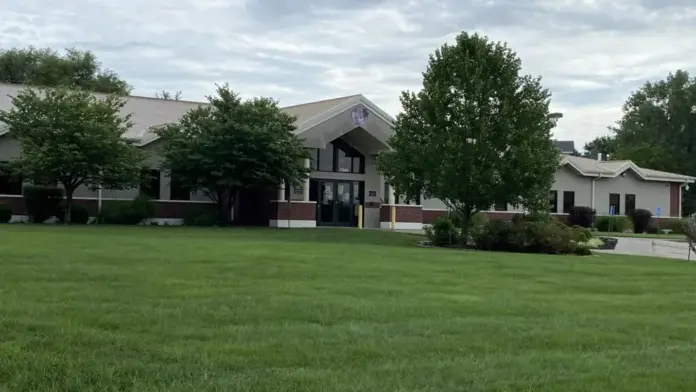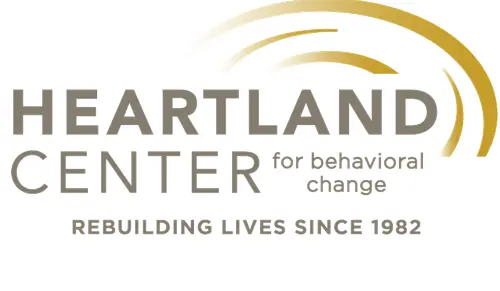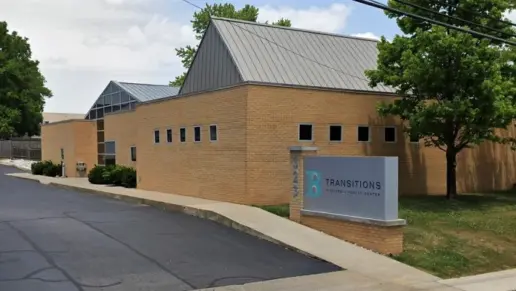About Comprehensive Mental Health Services
Comprehensive Mental Health Services is a behavioral health provider that offers substance abuse treatment in Independence, Missouri. They’ve provided trauma informed care for adults, families and children for over 60 years. The staff members treat patients with evidence-based practices and tailor their services to each individual’s specific needs. Clients can receive treatment through outpatient (OP), and peer support services. CMHS also provides medication assisted treatment (MAT) and the CSTAR Program.
The CSTAR program is an outpatient substance abuse program that’s geared specifically towards adolescents between the ages of 12 and 18. These services are given after school hours during the school year and two to six p.m. in the summer.
Another unique service at this facility is the Healthcare Home service. Clients receiving this service will have regular assessments from a nurse care manager to ensure they’re achieving wellness goals. They’ll also get assistance with managing health conditions, help with accessing a family doctor, and access to a wellness coach who will provide health education. Persons with a severe mental health condition, such as substance abuse disorder, are eligible for this program.
The medications that are used for medication assisted treatment (MAT) include acamprosate, buprenorphine, and naltrexone. Each of these medications is designed to treat either opioid addiction, alcohol addiction, or both.
Clients who choose to participate in the peer support services can receive assistance and support from individuals who’ve been successful in recovering from addiction. Recovery coaches are trained to encourage and model recovery from substance use in a way that’s specific to the needs of the client.
Rehab Score
Gallery


Location
Accepted Insurance
Other Forms of Payment
Medicaid is a state based program that helps lower-income individuals and families pay for healthcare. Medicaid covers addiction treatment so those enrolled can use their coverage to pay for rehab. When a program accepts Medicaid the client often pays very little or nothing out of their own pocket.
Private insurance refers to any kind of healthcare coverage that isn't from the state or federal government. This includes individual and family plans offered by an employer or purchased from the Insurance Marketplace. Every plan will have different requirements and out of pocket costs so be sure to get the full details before you start treatment.
Self-pay involves paying for treatment out of your own pocket. You can use savings or credit, get a personal loan, or receive help from family and friends to fund your treatment. If you don't have insurance or your insurance plan doesn't cover a specific program, self-pay can help ensure you still get the care you need.
Financial aid can take many forms. Centers may have grants or scholarships available to clients who meet eligibility requirements. Programs that receive SAMHSA grants may have financial aid available for those who need treatment as well. Grants and scholarships can help you pai for treatment without having to repay.
Sliding scale payments are based on a client's income and family size. The goal is to make treatment affordable to everyone. By taking these factors into account, addiction recovery care providers help ensure that your treatment does not become a financial burden to you or your family, eliminating one barrier to care.
Medicare is a federal program that provides health insurance for those 65 and older. It also serves people under 65 with chronic and disabling health challenges. To use Medicare for addiction treatment you need to find a program that accepts Medicare and is in network with your plan. Out of pocket costs and preauthorization requirements vary, so always check with your provider.
Military members, veterans, and eligible dependents have access to specific insurance programs that help them get the care they need. TRICARE and VA insurance can help you access low cost or no cost addiction and mental health treatment. Programs that accept military insurance often have targeted treatment focused on the unique challenges military members, veterans, and their families face.
Addiction Treatments
Levels of Care
Treatments
Mental health rehabs focus on helping individuals recover from mental illnesses like bipolar disorder, clinical depression, anxiety disorders, schizophrenia, and more. Mental health professionals at these facilities are trained to understand and treat mental health issues, both in individual and group settings.
Programs


Clinical Services
Research clearly demonstrates that recovery is far more successful and sustainable when loved ones like family members participate in rehab and substance abuse treatment. Genetic factors may be at play when it comes to drug and alcohol addiction, as well as mental health issues. Family dynamics often play a critical role in addiction triggers, and if properly educated, family members can be a strong source of support when it comes to rehabilitation.
Group therapy is any therapeutic work that happens in a group (not one-on-one). There are a number of different group therapy modalities, including support groups, experiential therapy, psycho-education, and more. Group therapy involves treatment as well as processing interaction between group members.
In individual therapy, a patient meets one-on-one with a trained psychologist or counselor. Therapy is a pivotal part of effective substance abuse treatment, as it often covers root causes of addiction, including challenges faced by the patient in their social, family, and work/school life.
Amenities
-
Residential Setting
Accreditations

The Commission on Accreditation of Rehabilitation Facilities (CARF) is a non-profit organization that specifically accredits rehab organizations. Founded in 1966, CARF's, mission is to help service providers like rehab facilities maintain high standards of care.
CARF Accreditation: Yes
Contact Information
17844 East 23rd Street
Independence MO, 64057



